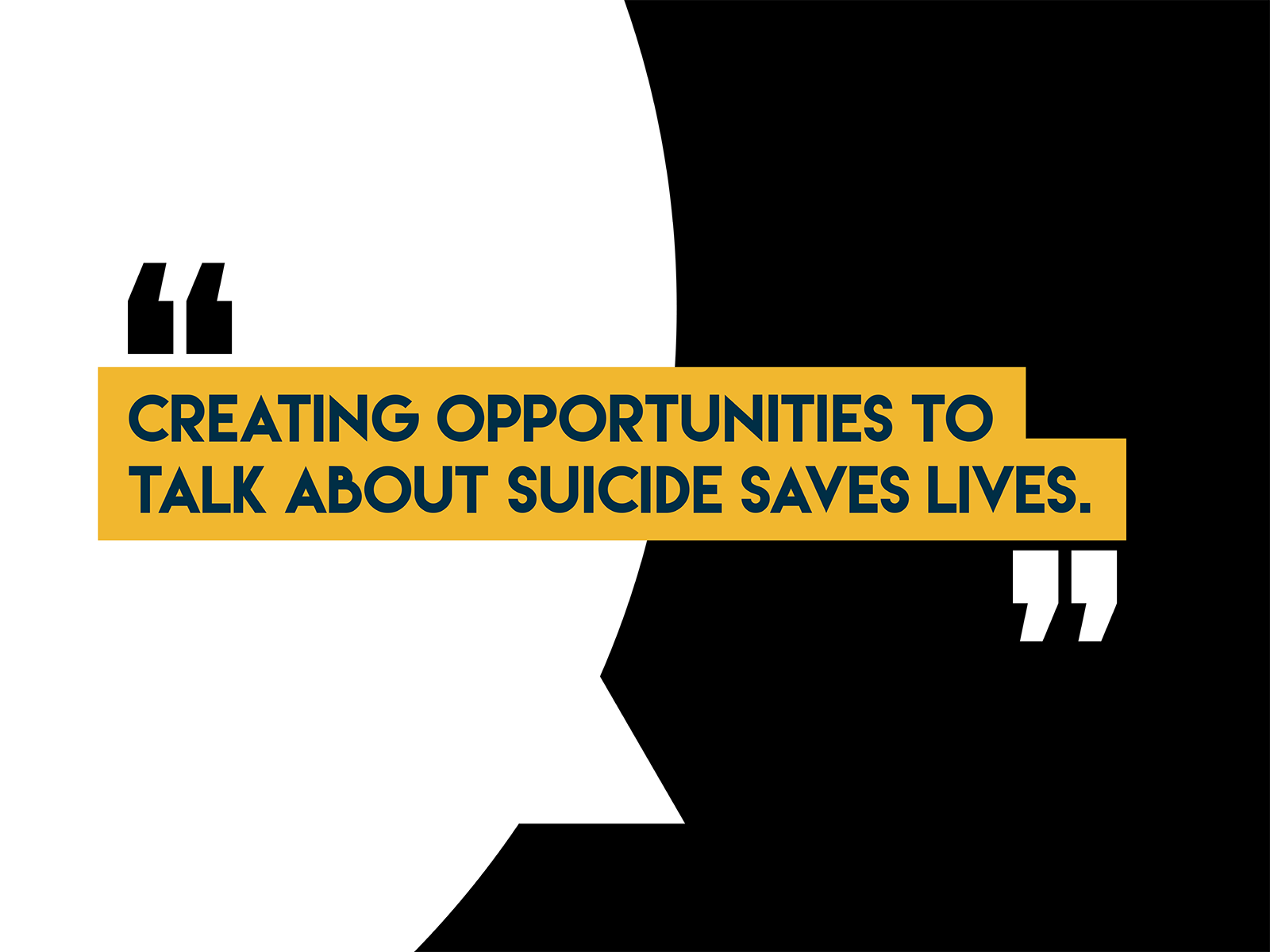By James Caudle
North London Collegiate School (NLCS) Jeju received the Safeguarding Award at this year’s International School Awards in January for an initiative to confront suicide ideation.
This article relates to suicide and its impact on communities. Help is accessible here.
In several member countries of the Organisation for Economic Co-operation and Development (OECD), including South Korea, Australia and the United Kingdom, suicide is the leading cause of death among 15–29-year-olds and globally, it is the second-leading cause of death for people in that age group.
Suicide is one of the most significant public health issues facing the world today and within the broader context of a multi-sectoral approach, schools have a great deal of power to make their own school communities suicide-safer.
A focus on emotional health and mental wellbeing
Most schools, seem to be placing an increasing level of emphasis on the emotional health and mental wellbeing of their students. However, the stigma and misconceptions surrounding suicide can mean that suicide prevention is excluded from school-based initiatives and training.
Teachers and school staff are well placed to recognise warning signs and to show care in response. Feelings of uncertainty about how to respond and the persistent myth that talking about suicide might ‘plant the idea in someone’s head’ are among the key barriers to school staff taking action when concerns arise.
A responsibility for all
Creating opportunities to talk about suicide saves lives. Open talk about suicide reduces the fear and stigma that surrounds it. But how careful do we need to be about handling this topic? Is it something that only the ‘experts’ should address? Can suicide be addressed in classroom settings, tutor groups or assemblies?
Schools tend to err on the side of caution in addressing suicide and the powerful prevailing myth of ‘talking about it might plant the seed in someone’s mind’ can lead to not talking about it at all. It is true that group discussions about suicide should be planned deliberately. However, what is seldom considered is the harm done through omission rather than the risks of being imperfect when discussing suicide.
There is no evidence that discussing suicide increases the risk of suicide. It is also worth saying that it is necessary to embrace and accept some imperfections when discussing suicide, which is itself a complicated and imperfect subject.
A multi-pronged approach
Suicide prevention needs to be multi-pronged. There are three parallel initiatives at NLCS Jeju as part of an ongoing strategic approach to safeguarding:
- Discussing suicidal ideation with student leaders and co-planning assemblies: these assemblies have been part of the strategy to destigmatise the discussion of suicide ideation. Assembly planning has included careful prior consultation with students, along with the suitable provision for follow-up counselling options.
- Promoting safe suicide talk with teachers through short opt-in professional development opportunities: these ‘pop-up PDs’ are provided at lunchtimes. Part of the discussion in these sessions includes providing reassurance to teachers that engaging with students who choose to talk about suicidal ideation with them is not something to be shunned for fear of ‘putting ideas in their heads’.
- Providing LivingWorks Applied Suicide Intervention Skills Training (ASIST) to members of the school community: rather than bringing in external LivingWorks trainers, two staff members have recently become trained who are now, therefore, able to deliver ASIST. Consequently, we now have the capacity to train more faculty members, student leaders and other community members, which in turn will make it more likely that someone experiencing suicidal ideation will be able to connect with someone trained in suicide intervention. Our two trainers are the first in Korea to be trained to deliver ASIST in English and we will also be in a position to provide training to staff from other international schools in Korea.
The need for strategic school leadership
‘Safeguarding is everyone’s responsibility’ is an oft repeated statement in our school’s policy documents and reinforced in all safeguarding training. To back up these kinds of statements, it is important to provide the kinds of professional training that allow colleagues to develop the skills, knowledge and confidence to make a contribution when invitations arise.
Our school is situated within a purpose-built education precinct, in which there are four international schools currently operating. During the 12 years since this ‘global edu city’ was established, there has been at least one loss of life due to suicide among the schools. It is a sobering fact that these risks are ever present and very real. I mention this to underscore the absolute importance of suicide prevention training in all international schools.
At NLCS, safeguarding has been prioritised strategically by senior leaders. Both the current School Principal and our Designated Safeguarding Lead and Vice Principal joined NLCS Jeju in 2019. At that stage the school was eight years old and the safeguarding systems needed to be updated to reflect the way the school had transformed. Investing in suicide prevention professional training has been one of the most impactful decisions as part of the strategic update. Based on the data we track via our online safeguarding platform MyConcern, the preventative power of the training provided has been stark. The most notable reduction has been on the number of reported suicidal behaviours.
Training completed by our boarding staff through LivingWorks Start and SafeTalk has led to the democratisation of suicide intervention. Rather than deferring conversations about suicide until an ‘expert’ is called in, staff have gained the skills and confidence to engage in those initial conversations about suicide and help create ‘safety for now’ at the very least.
NLCS Jeju is now the first school in Korea to have its own faculty members, trained to deliver ASIST here in South Korea in English (training in Korean has been long available through an organisation in Seoul). Our inaugural two-day training course was well endorsed and generated a considerable ripple effect for participation in future training.
Key takeaways:
- School leaders have both the opportunity and the responsibility to make suicide prevention a priority. Strategic planning for safeguarding training has real impacts. It is not just a matter of compliance.
- Decentralising suicide prevention can be achieved through the provision of training. Giving colleagues the skills and confidence that flow from training allows them to enact the philosophy that ‘safeguarding is everyone’s responsibility’.
- Young people with thoughts of suicide may provide opportunities or invitations for intervention to a range of people, not just those faculty ‘designated’ by the school. The wider we are able to spread basic intervention knowledge and skills among our school communities – including students – the more likely it will be that those invitations will be accepted and acted upon.
- Talking about suicide reduces stigma. Reducing stigma makes it more likely that students with thoughts of suicide will seek help. This, in turn, saves lives.
- The effects of suicide transcend school boundaries and our professional roles and responsibilities as educators. By engaging in training, we create not only suicide-safer schools but suicide-safer families and suicide-safer communities.

James Caudle is the Designated Safeguarding Officer at North London Collegiate School Jeju, South Korea. Connect with James directly on email [email protected]





